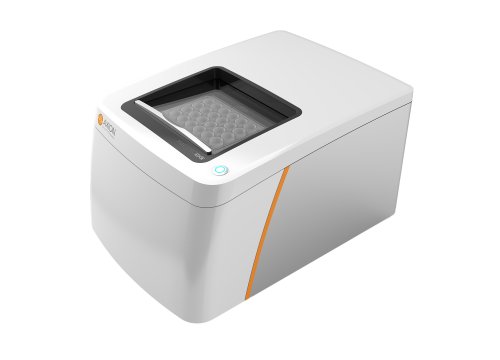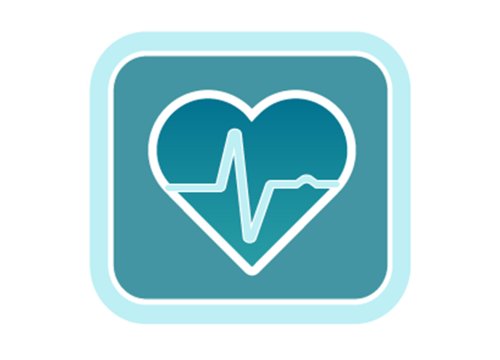Authors: Xuemei Huang, Wen Zhao, Yuwen Wang, Yuxin Wang, Tao Chen, Lili Zhu, Yiran Zhang, Jibo Wang, Hanwen Cao, Yuhang Fan, Yunnan Liu, Xiaobing Jiang, Linlin Bi, Changyong Li, and Pu Chen
Engineering, 4 October 2025
Scientists use next-generation Maestro MEA to explore interorgan communication with connected heart–brain organoids.
The human body relies on intricate communication between organs, but how this interorgan crosstalk influences development and function has been difficult to study in vitro. To address this gap, researchers engineered a trans-germ-layer codevelopment organoid chip (TGCO-Chip) that enables multiple organoids to grow and interact within a single, integrated system.
To demonstrate the chip’s capabilities, the team co-cultured heart and brain organoids derived from pluripotent stem cells and monitored their physiological communication. Using Axion BioSystems’ noninvasive Maestro microelectrode array (MEA) platform, the authors simultaneously recorded spontaneous neural activity and cardiac field potentials, providing functional evidence of coordinated signaling between the two tissues.
This work establishes a new platform for studying organ–organ interactions and developmental crosstalk, offering a powerful tool for modeling complex physiology and exploring how disruptions in interorgan communication contribute to disease.


